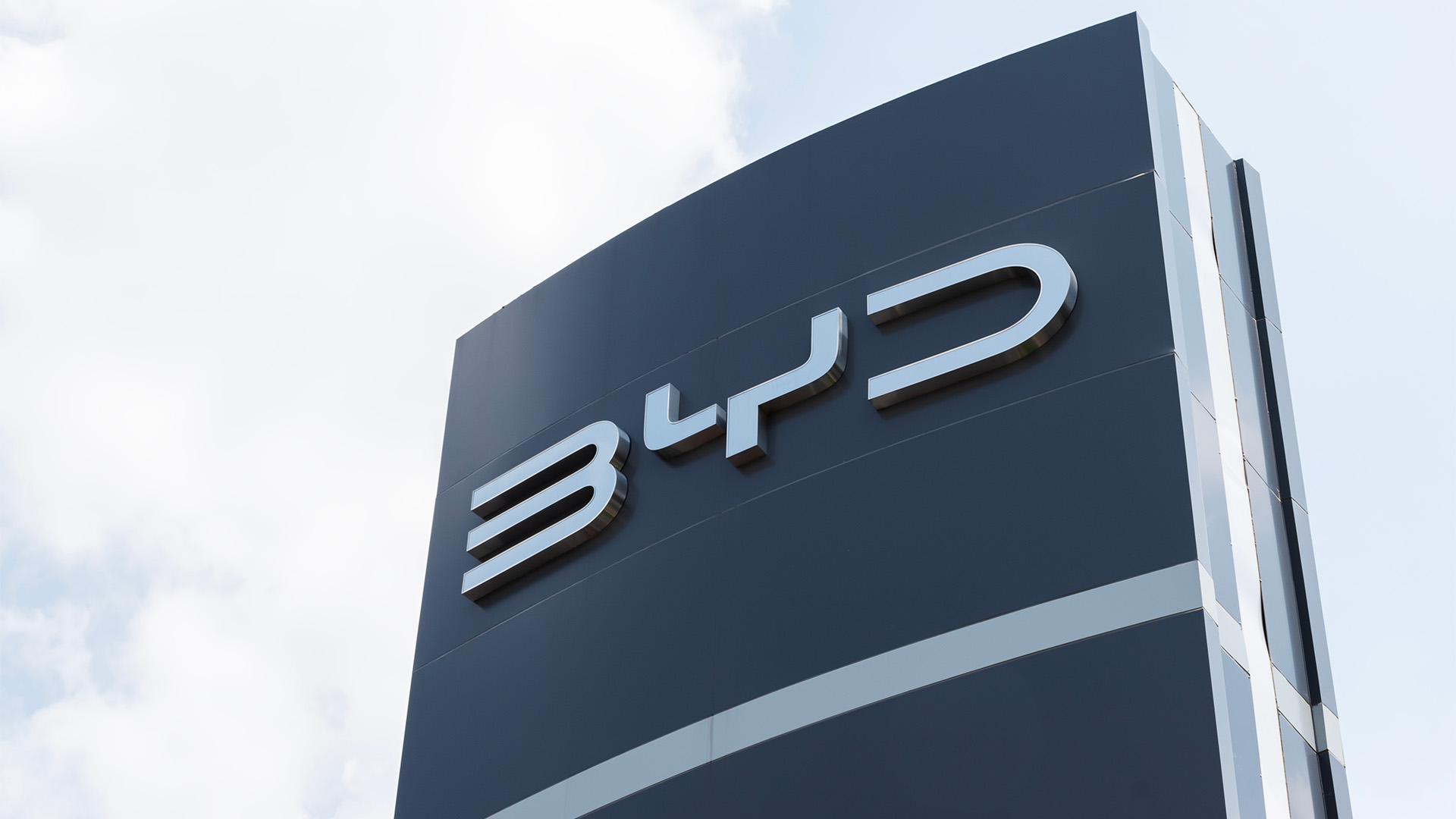Rather than write about the gains electric vehicles continue to make in the Chinese, European and US car markets, a story about what happened in the Aussie market in August.
New vehicle sales in August were the highest for the month in five years as the share of sales held by EVs hit 4.4%, the highest ever, though that might be a one-off led by deliveries from Tesla’s Shanghai factory returning to normal as a backlog was covered from earlier months.
All the same, Tesla finished seventh in the monthly top ranking – its highest position to date – with 3,397 cars sold last month (that refers to deliveries, not orders taken by Tesla).
Tesla received seven shipments from China in the space of a month and managed to outsell the likes of Subaru, MG and Volkswagen (which returned to the Top 10).
Since the start of this year, Tesla says it has delivered 8,054 vehicles in Australia – 18th nationally for that period and a better indicator of how well EV sales are travelling in this country.
Year-to-date EV sales are 2% of the total market, hybrids are 7.6% and plug in hybrid vehicles are 0.6% – meaning combined electrified vehicles have made up just over 10% of total sales so far in 2022.
Electric-car sales so far this year total 14,524, 80% of which (excluding hybrids) have been Teslas, according to monthly data from the Federal Chamber of Automotive Industries (FCAI).
The figures showed that on 95,256 vehicles were sold in August, up 17.3% on the same month a year ago when Sydney and Melbourne were in lockdowns or under restrictions on movement.
It was also the highest August sales figure since 2017 and followed a rise in July after sales dipped in May and June. Last month’s sales figure was down 1.5% on the all-time August high of 96,662 sales in 2017.
August’s strong performance means that for the first eight months of 2022, a total of 717,575 vehicles have been reported as sold – down just 2.1% over the same period the prior year, when a number of Australian states and territories were emerging from COVID-19 lockdowns.
The higher sales helps explain the continuing positive news from the listed car groups such as Eagers, Autosports, Peter Warren and Carsales.com.
The rise in car sales in July and August might be a result of old orders being filled after delays but the rises will be noticed by the Reserve Bank as it considers its next rate rise at today’s meeting (Tuesday).
The rebound in car sales is a sign that the interest rate rises (from the RBA as well as banks and car dealer financiers) of the past couple of months have not slowed demand from car buyers.
Toyota remained Australia’s biggest seller, reporting 20,616 vehicles as sold, followed by Mazda (8,824), Kia (6,780) and Hyundai (6,643). So far this year Toyota has sold 161,558 in this country and heading for more than 200,000.
Toyota’s HiLux tradie ute was again Australia’s best-selling new vehicle – 6,214 units were sold, the second-highest result on record – with its main rival, the Ford Ranger second with 4,497 sales, as more new models become available in the Australian market.
Car dealers say deliveries of new cars continue to be slowed by long wait times and stock shortages due to continued production slowdowns for brands such as Toyota (which has not met its global production target now for months), Mazda (it has complained publicly about a shortage of parts restricting sales in Australia) and Honda.
For this blame Covid outbreaks and lockdowns in China, Japan and parts of Europe which in turn continue to restrict output of parts (especially computer chips) and finished vehicles.
Soon energy (gas and electricity) rationing and shortages in China and especially in Europe will start impacting the availability of some models in Australia over our summer and autumn.













